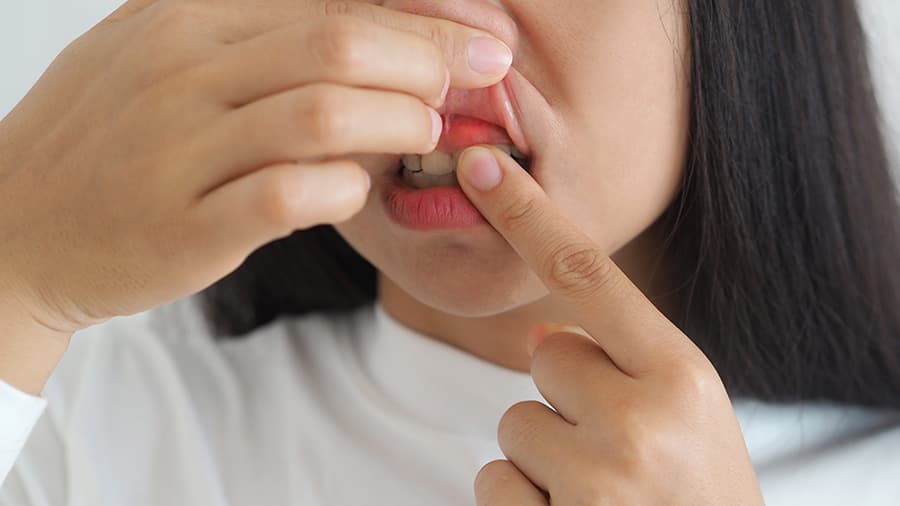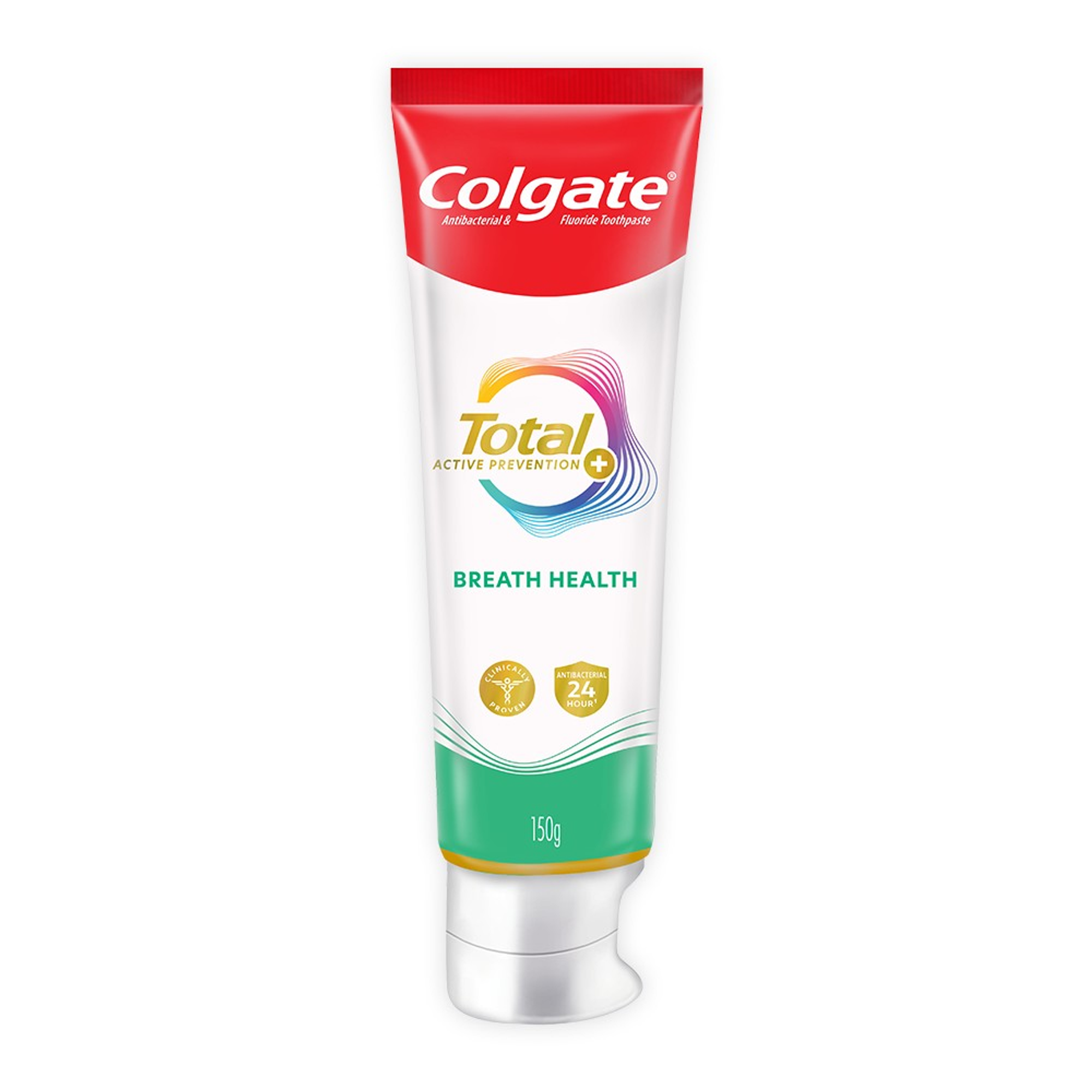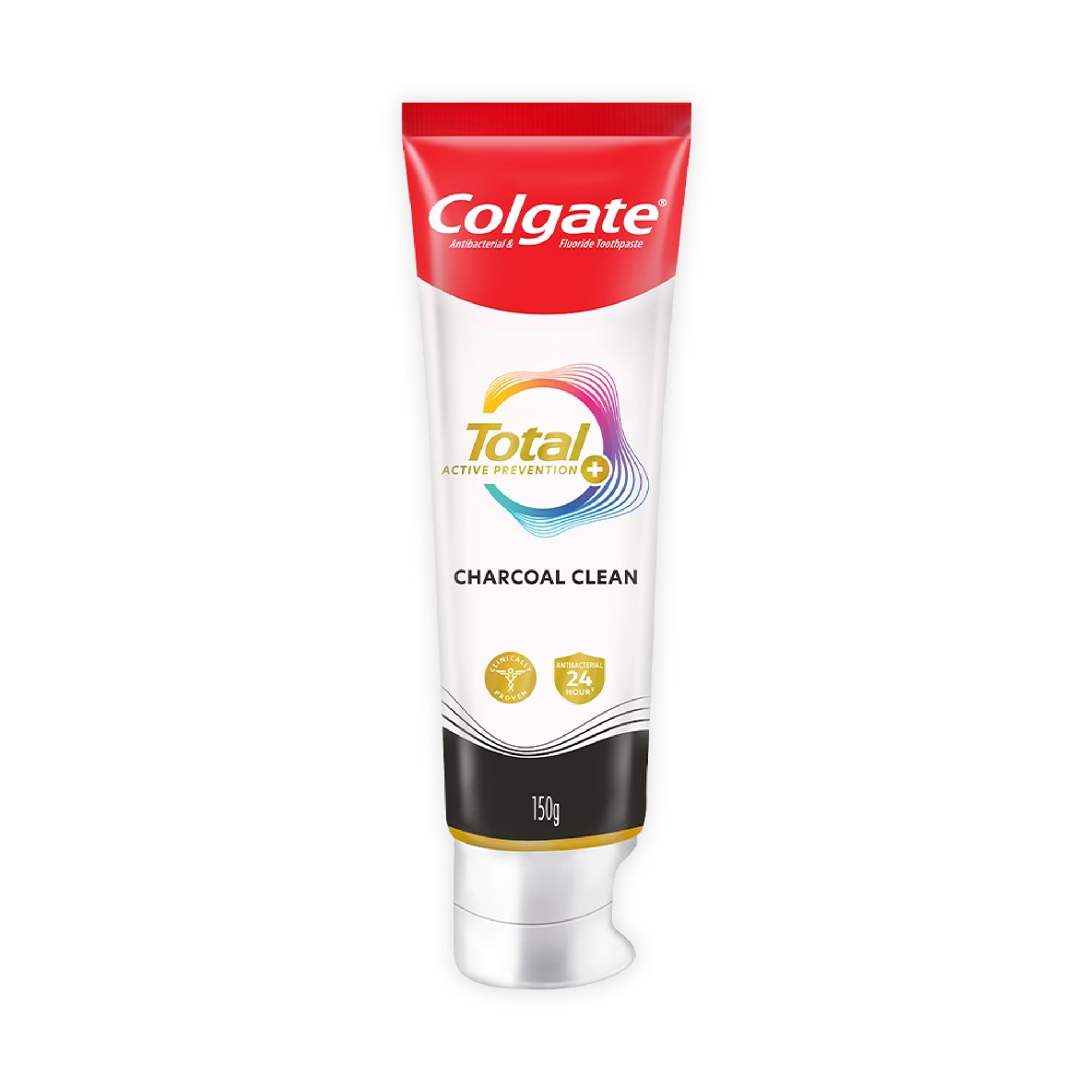The pain and burning of BMS can involve the tongue, cheeks, the back of your palate and throat and even possibly your gums. It can also give way to other symptoms, such as tingling and numbness, a bitter or metallic taste and a dry mouth. Here's what treatment may look like per some of these symptoms:
Hormonal Replacement Therapy
Burning mouth syndrome occurs most commonly among postmenopausal women. Changes in hormone levels may affect your taste buds and the composition of your saliva, and require hormone replacement therapy, according to Everyday Health.
Hydrate
If BMS produces dry mouth, treatment may include a prescription toothpaste by your dentist, instead of your normal product. Your dentist may also advise you to drink more fluids, and switch to an alcohol-free mouthwash, as alcohol can not only burn, but dehydrate in excess. You may also be advised to cut back on juices and soft drinks that contain high levels of acid. Avoiding alcoholic beverages may also relieve the symptoms of BMS.
Research Your Medication
If you are on medications, ask your pharmacist if any of the side effects of the prescribed drugs could cause a person to have BMS. If so, ask your physician if there are any comparable medications that don't have the same effects, and that could be substituted for the medication you're currently on.
Visit Your Physician
If your dentist is convinced that there is nothing in and around the teeth that could be the cause of BMS, he may refer you to a physician to look for other disorders that have been known to cause BMS, such as diabetes, some thyroid conditions, vitamin and mineral deficiencies or possible allergic reactions to food or other substances.
Nutritional Supplements
According to Mayo Clinic, being deficient in nutrients such as iron, zinc, folate (vitamin B-9), thiamin (vitamin B-1), riboflavin (vitamin B-2), pyridoxine (vitamin B-6) and cobalamin (vitamin B-12) may affect your oral tissues and cause a burning mouth as well. These deficiencies can also lead to vitamin deficiency anemia. Although BMS may encourage you to avoid certain foods that trigger the sensation, it is important to compensate for the nutrients you're missing out on. Iron supplements, for example, come in the form of "slow-release" pills so as not to upset your stomach in the process.
Working together with your dentist and physician on specific burning mouth syndrome treatment will go a long way to confronting the possible sources. Take accurate written or mental notes on what types of treatment work best, and what the ideal results are for you as an individual. Routine preventive visits are still important to avoid further complication in and around the mouth, and will help alleviate the known causes of burning mouth syndrome.
About the author: Dr. Huot is the founder and CEO of Beachside Dental Consultants Inc. He has lectured at many meetings, and his past articles have been featured in Dental Products Report, Dental Economics, Dental Practice Report, ADA News and state dental journals. Dr. Huot recently retired from the USAF Reserve Dental Corps after 30 years of military duty, and his most recent assignment was as the Commander of the 920th Aeromedical Staging Squadron at Patrick AFB, Florida. A past president of the Maine Dental Association in 1994 and the 2006 president of the Atlantic Coast District Dental Association in Florida, Dr. Huot is a Fellow of the American College of Dentists, the International College of Dentists, the Academy of General Dentistry and the Pierre Fauchard Academy.














